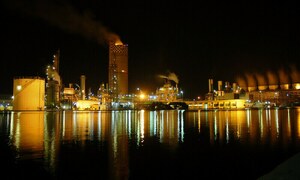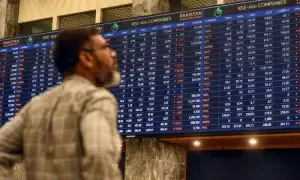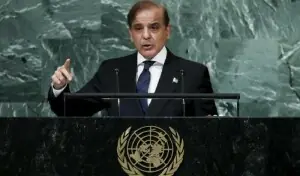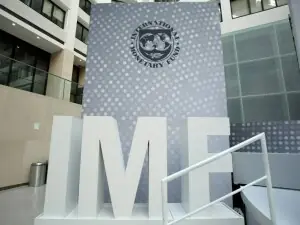Global demand for sustainable cocoa that pays a stable price to farmers and protects the environment is set to surge well over fivefold to more than 200,000 tonnes a year by 2020, Fairtrade said on Wednesday. Alex Assanvo, global product manager of the Fairtrade Labelling Organisation, told Reuters on a visit to top cocoa grower Ivory Coast that his projection was partly based on targets set by chocolate maker Mars which appear increasingly likely to be met.
Mars has committed to buying 200,000 tonnes a year by the end of the decade, if supply can keep up. Assanvo said it could. He had not received clear targets from other companies, but many were expected to also increase their buying. "There is strong demand driven by pressure. The consumer wants a product ... that meets many criteria - environmental social, economic," Assanvo told Reuters in an interview. "We're expecting a lot more than 200,000 tonnes, depending on the producers. I think we can meet this demand."
Globally, 35,000 tonnes of sustainable cocoa was sold in 2010, Assanvo said. Fairtrade's initiatives aim to provide markets in rich countries - often at premium prices - for producers in developing states who adopt environmentally sound cultivation methods or progressive labour policies that promote development. Consumers, especially in Western countries, are increasingly aware of the impact their consumption has on the environment and the mostly poor workers who provide the raw materials. Labels like Fairtrade, once a tiny, niche brand, are seeing their market share increasing. A UN-backed report last November said markets for sustainable products have expanded rapidly over the past five years and are growing much faster than for conventional goods.
Sustainable cocoa sales more than tripled to 46,896 tonnes in 2008 - 1.2 percent of global sales - from 13,473 tonnes in 2003, the report found, though it has since tailed off slightly because of the global economic crisis. Assanvo said a growing number of cocoa exporters were working with the Rainforest Alliance, which certifies cocoa as coming from farms that have not recently cut down rain forest.
"But we still need huge efforts to change the way (the industry) works so it has an impact on the ground," he said. World no. 2 cocoa producer Ghana remains the biggest player in the sustainable market, with 60 percent, while Ivory Coast has about 30 percent. The rest is largely shared between Indonesia, Madagascar and Latin American countries.
BR100
16,405
Increased By
92.5 (0.57%)
BR30
52,938
Increased By
579.1 (1.11%)
KSE100
158,781
Increased By
743.5 (0.47%)
KSE30
48,500
Increased By
249 (0.52%)





















Comments
Comments are closed.